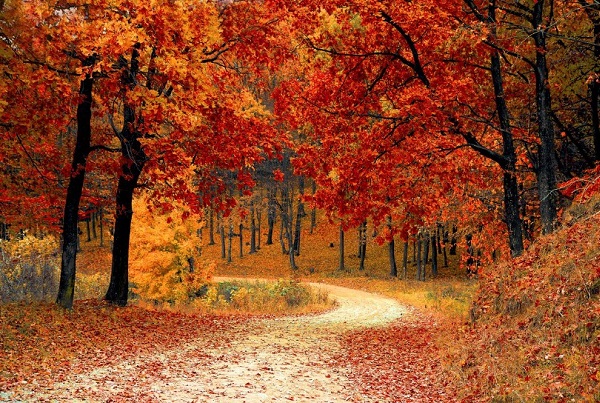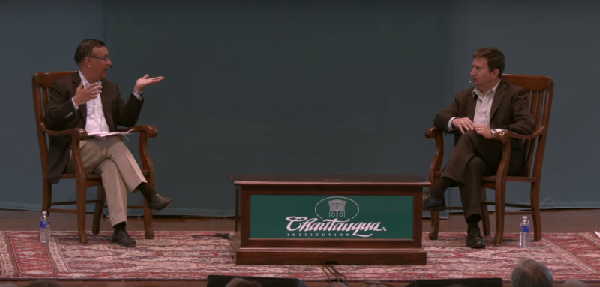How the outside seems, at least to me, & how different the inside!
Sunday, March 18th, 2018[ by Charles Cameron — unenthused by current prospects of nuclear war or power plant interferencer, putinesque america, american proto-fascism, etc — yet filled with joy and wonder ]
.
I would like to do a zoom down in.
My daily reading doesn’t follow neat trails such that each article builds not just in general thrust but also in detail on the last — so please overlook the strange leaps I’ve taken here — all in a morning’s web-scan.
Enjoy the three individual essays I’ll quote, in other words, but don’t sweat the details.
**
I’ll start with Africa, as explored in George Clooney and John Prendergast‘s major Foreign Affairs piece, The Key to Making Peace in Africa, available without a paywall — because they offer an unparalleled glimpse of the conflicting values that will define our common humanity, fail or fair:
JAMES AKENA / REUTERS Government troops and tanks are seen in the eastern Congolese town of Rumangabo, July 26, 2012.
Here are the matters to weigh in our scales, captured in two of Clooney and Prendergast’s four punchily effecrive lists:
Oil, gold, diamonds, cobalt, copper, and a variety of other mineral deposits and trafficked wildlife provide immense opportunity for those in power to line their own pockets
versus:
corrupt figures .. using their forces to bomb, burn, imprison, silence, torture, starve, impoverish, kill, and rape to maintain or gain power
That’s the basic comparison, the weighing in the scales that chraacterizes the Clooney / Prendergast piece.
**
Next for a sideways extrapolation of the dark vision Gen. McCaffrey offers:
Reluctantly I have concluded that President Trump is a serious threat to US national security. He is refusing to protect vital US interests from active Russian attacks. It is apparent that he is for some unknown reason under the sway of Mr Putin.
— Barry R McCaffrey (@mccaffreyr3) March 16, 2018
**
With a further zigzag away from McCaffrey and Putin, I’ll consider our local, USian situation in light of This is the Spanish Civil War by Jonathan Kirshner. We’re zooming in from African gazillions to mere Americo-Russian billions, financially speaking, and from out there to in here — though not yet within.
Franco arriving in San Sebastian in 1939
Comparing our Trumpian times with the beginnings of the Spanish Civil War, and with the decades-long reign of Generalissimo Franco that followed — an arguable comparison, surely — Kirshner writes:
The stakes here are not about partisan politics — Republicans now love him, but other than his plutocratic bona-fides, Trump is barely a Republican — rather, they are about what we are, and what we may become. The Trump Presidency is not normal, and it is dangerous to our democracy.
Again, the scales.
I hope it will be apparent that I am neither comparing America with Spain nor Russia, but simply offering one respected military man’s testament as a preamble to a differently focussed writer’s rant about Franco, in hope of providing a diffuse, impressionistic sense of alarm with an active sense of what the fractious breakdown of democratic and humane values can bring forth.
Steve Bannon‘s reading list, occut and radical — Julius Evola as much as Ivan Ilyin — still lurks in the background, and deserves a=n essay of its own.
**
Zooming yet further in, leaping from the nation to the individual — and who knows how the many manages to integrates the one — or the one to evade the blandishments of the many, especially its witch hunts, scapegoating and madness of crowds — I find myself in a beautiful and utterly apolitical world:
Your Inconsolable Longing Has a Name. I have left off the final word of Jack Preston King‘s essay, and will present only his first paragraphs and images:
That Feeling You Can’t Name
My mother called it “the green lace.” Every spring there was a window of just a few days where the buds on all the trees had barely begun to flower, tiny leaf-tips pushed free of supple branches, and all of Nature was briefly sheathed in the most delicate green embroidery. As warming winds signaled “the green lace” was near, the years fell like calendar pages from my mother’s face. She stood taller. She would smile and laugh easily, but at the same time seemed ever on the verge of tears. The first day “the green lace” burst forth and draped the countryside, Mom would disappear in the family car to drive backroads alone, basking in the newborn spring, weeping freely as she drove. I never witnessed that last part in person, but I find it easy to imagine. My mother was not an emotionally expressive woman. But this emotion overcame her. She couldn’t control it, and more to the point, she didn’t want to control it. It was an eruption of the sacred, to be revered in seclusion, but never denied. She loved it privately, without having to define or justify the experience to anyone.
For me, this feeling descends in Fall. A few trees turn early, adding splashes of red and gold to my morning commute. Each evening when I arrive home from work, more grass has vanished beneath a thickening carpet of leaves. The sunlight slants, and afternoons golden. Then there’s always one day, usually in mid-October, when Autumn happens. The red maple in my front yard bursts overnight into flame. I step onto my porch and the air crisps just so. My heart wells as if someone I love with abandon has returned from a long absence. I ache with longing to merge with the trees and the air, the sunlight and sky.
Joy. Sehnsucht, King calls it.
**
If you thought my leap from Africa to the US — or from Trump to Franco, Bannon to Evola, Evola to Ilyin — was a stretch too far, I invite you to cnsider how much greater a stretch the leap from outer to inner is. Yet that, in one sense, is the creative leap par excellence — the leap from exteriority to interiority..
I trust it is also a leap from darkness into dappled light.







